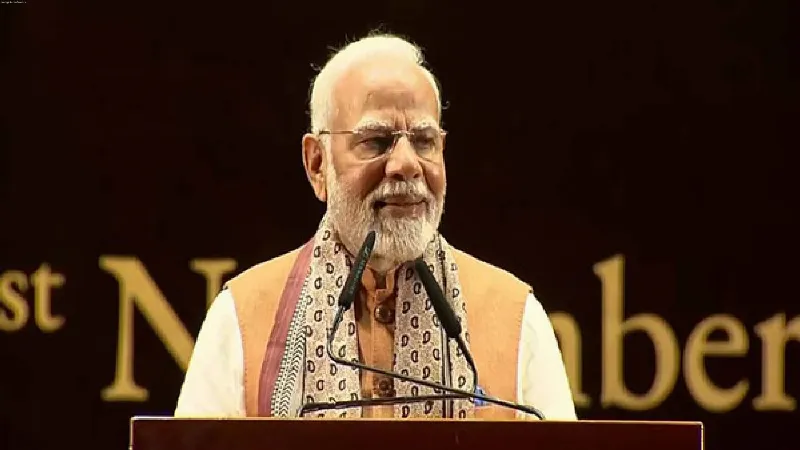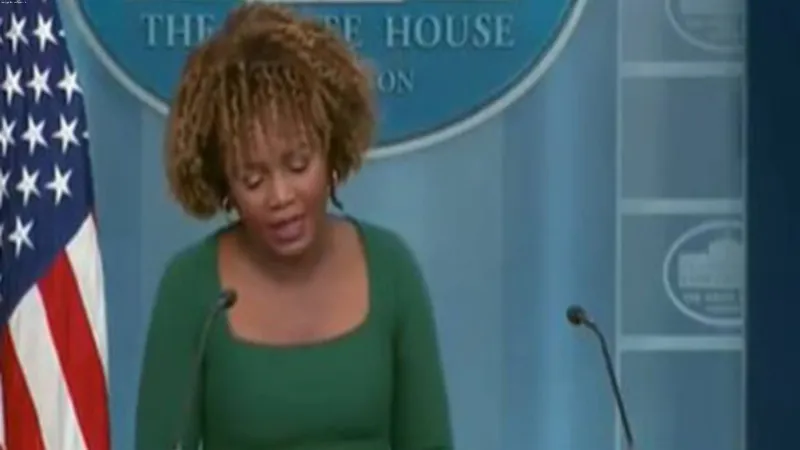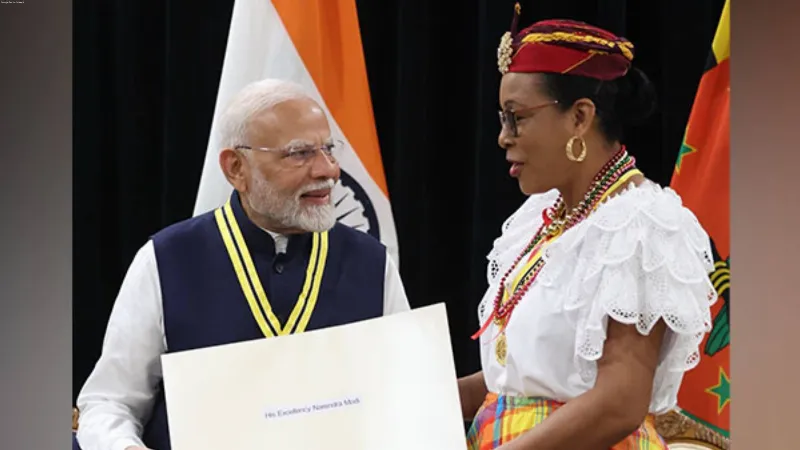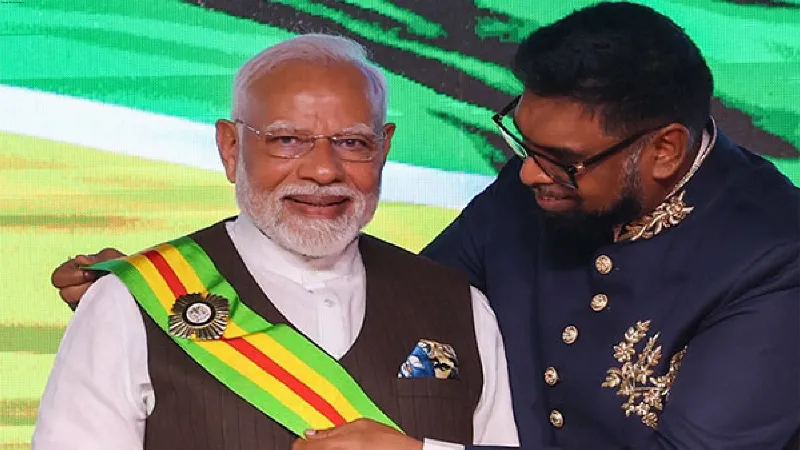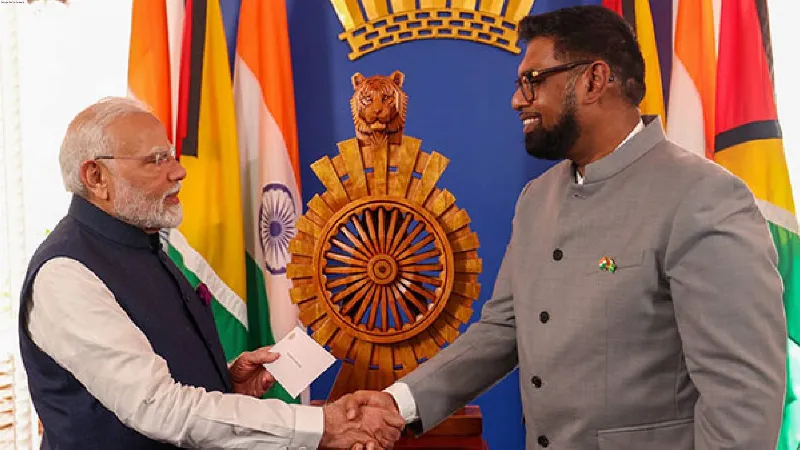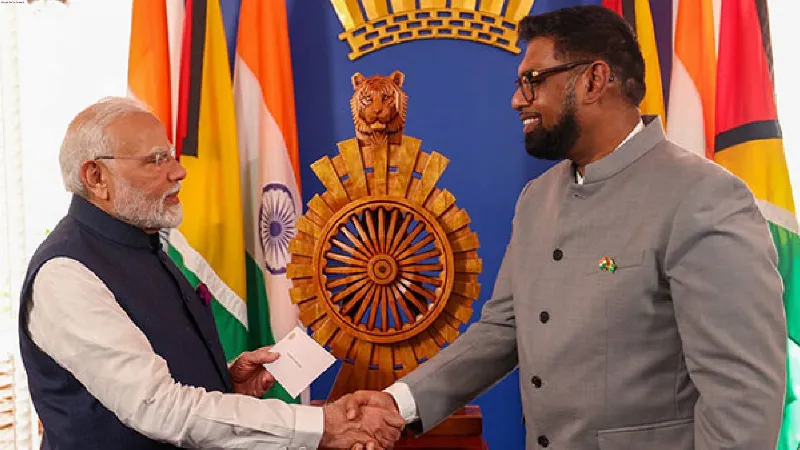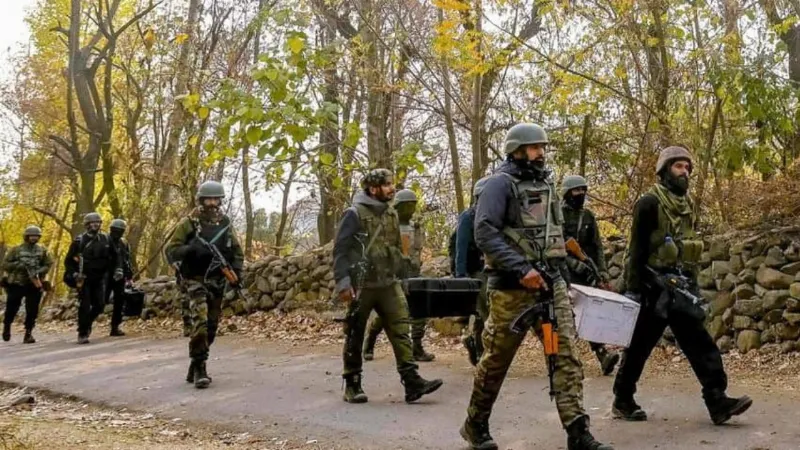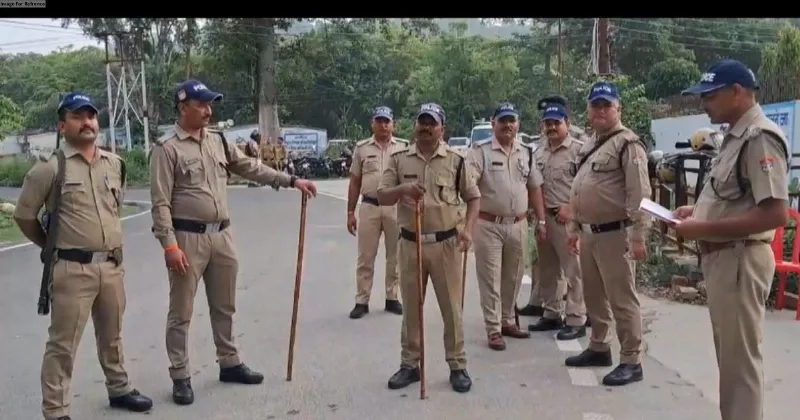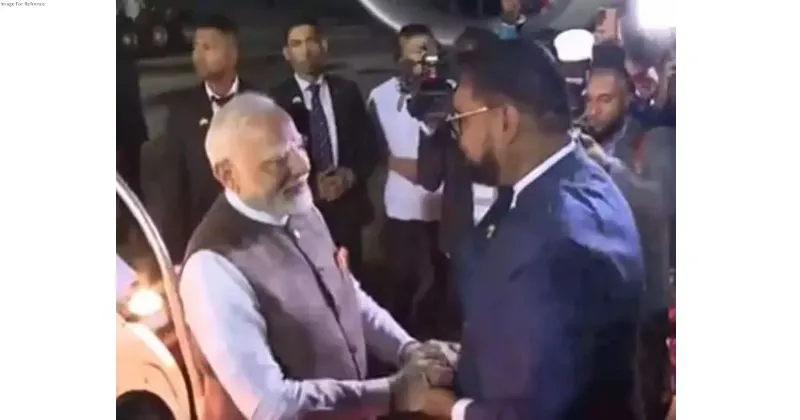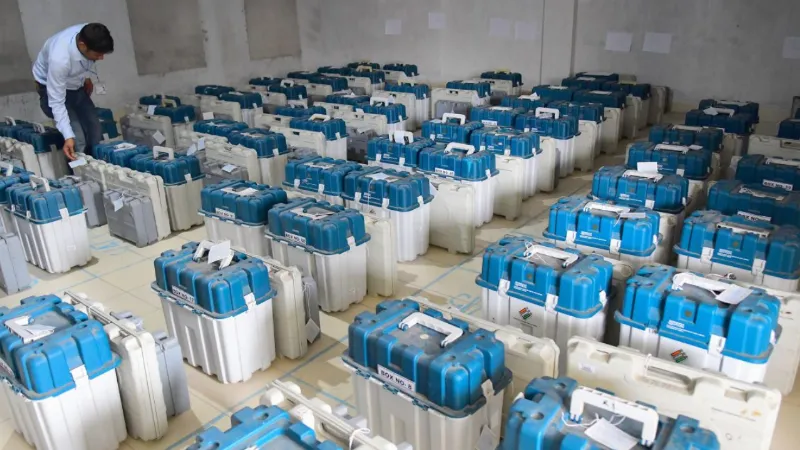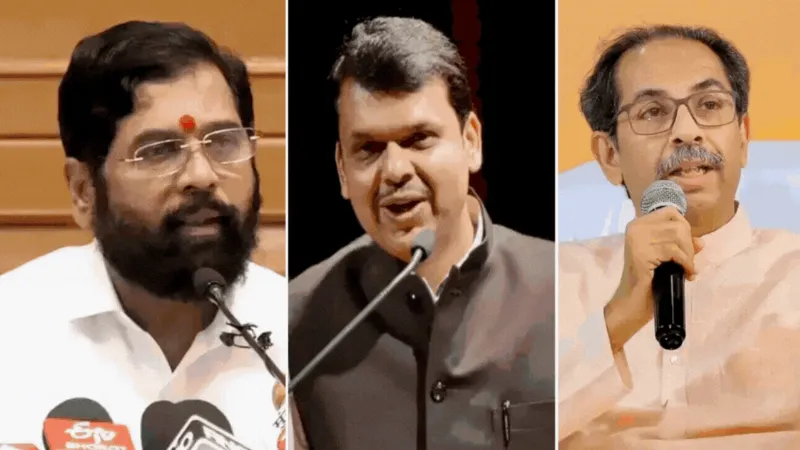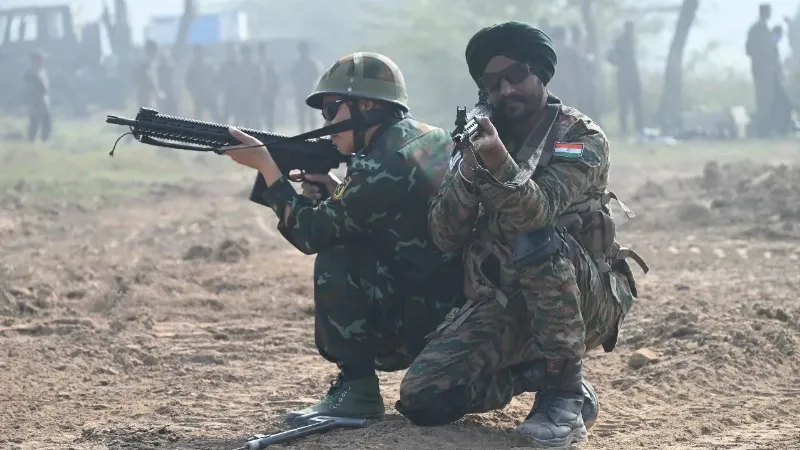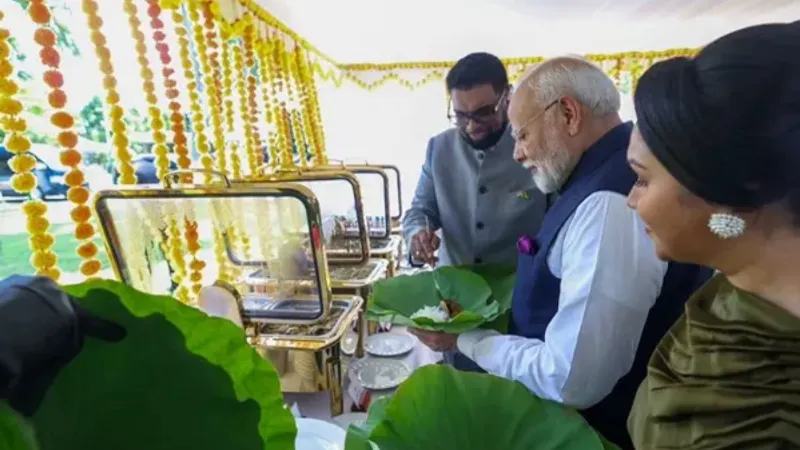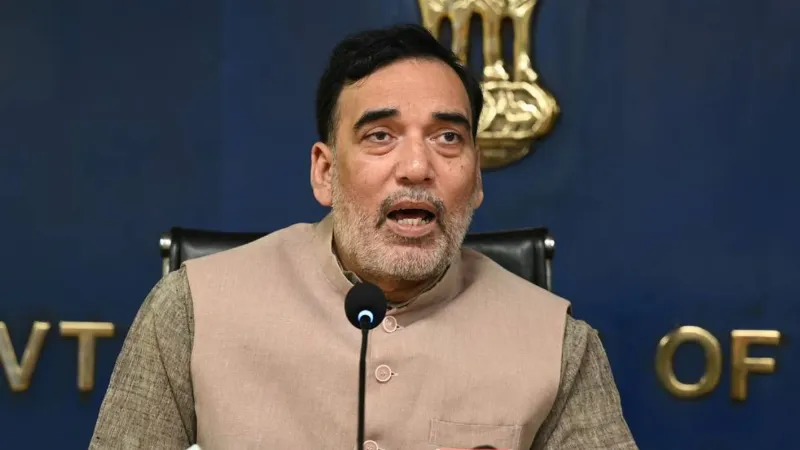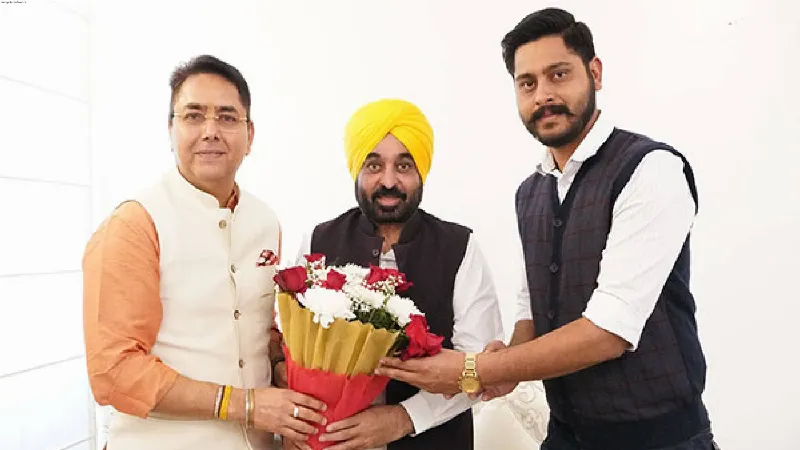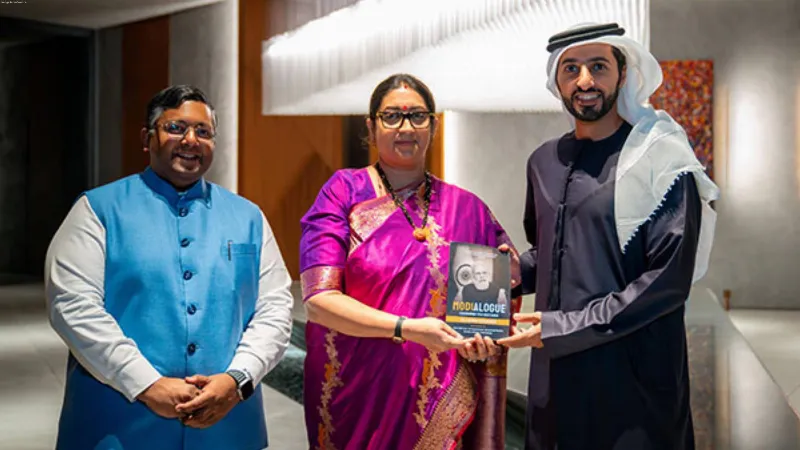Pak press councillor in Washington fuels anti-India narrative in US

Washington: Spewing venom against India, the Press Counsellor of the Embassy of Pakistan in Washington, Sarfraz Hussain called on the international community to not remain silent as India is to host the G20 tourism summit in Srinagar.
The Pakistani diplomat's hate comments came as India is to host several G20 events in Jammu and Kashmir. Last month, India released a full calendar of events leading up to the summit, which included G20 and Youth 20 meetings in Srinagar and in Leh, in the region of Ladakh, in April and May. Pakistan has "vehemently condemned" India's move, saying such a move was "self-serving" on New Delhi's part.
Taking to his Twitter handle, the Pakistani councillor posted an opinion by The Washington Post Columnist Rana Ayubb. It said it warns of a much darker narrative to define "Modi's India", calling the country's democracy an 'unhealthy' one.
Writing in her opinion for the Washington Post against India, and PM Modi, Ayyub said, "But a much darker narrative is starting to define Modi's India. The government has been systematically oppressing, marginalizing and inciting hatred toward its 220-million Muslim minority. This campaign has been slowly gathering momentum over the years and has reached new levels of intensity today. India is not a healthy democracy."
Taking sides with the Washington Post's columnist, the Pakistani diplomat has called for the support of the global community, fueling the hatred against India, and Prime Minister Narendra Modi even more.
"Calling upon Int. community not to remain silent,
@RanaAyyub warns that "a much darker narrative is starting to define Modi's India." "India is not a healthy democracy." Modi is enflaming hatred of Muslims in India, as the world looks the other way," the Press Counsellor Embassy of Pakistan in Washington tweeted.
This year, India will host the G20 summit under its presidency, and under Prime Minister Narendra Modi's administration. Since becoming India's dominant political force in 2014, Modi's Bharatiya Janata Party (BJP) has made its mark on the nation.
Under PM Modi's leadership, India has become a more significant actor on the global stage, and this fact cannot be denied.
However, regarding issues of cross-border terrorism from Pakistan, relations between the two nations have been tense for a long time, notwithstanding Islamabad's demands for the reinstatement of Article 370 for the formerly Indian state of Jammu and Kashmir.
In a recent affair, Pakistan Foreign Minister Bilawal Bhutto Zardari participated in SCO Foreign Ministers' meeting that took place in Goa, India, where he remarked on not getting caught up in weaponising terrorism for diplomatic point scoring.
Lambasting Pakistan Foreign Minister Bilawal Bhutto Zardari for his "weaponising terrorism" remarks, External Affairs Minister S Jaishankar, later said that it means "they think terrorism is legitimate" and that India is politically, diplomatically exposing Pakistan before the world as it is a victim of cross-border terrorism.
"Okay, now what are we doing? We are countering ourselves. Countering terrorism? We are defending ourselves. We are calling it out. We are exposing it... So, to me, we are not scoring diplomatic points. We are politically, diplomatically, exposing Pakistan before the world. And as a victim of terrorism, I'm completely entitled to do so," Jaishankar said. He said India has every right to defend itself from cross-border terrorism.
Jaishankar said Pakistan is a "spokesperson of the terrorism industry".
India has consistently raised the issue of Pakistan's continued support to cross-border terrorism and terrorist infiltration. It has been said that the people of Jammu and Kashmir have borne the brunt of this terrorism campaign for decades and continue to do so.
In the summer of 2019, the Indian government abrogated Article 370, which granted Jammu and Kashmir special autonomous status. With the removal of the special autonomous status, it became easier for businesses to operate in the region, as they were no longer subject to some of the regulations that had previously hindered their growth.
The prospect of hosting a G20 summit in Jammu and Kashmir presents unparalleled opportunities for the region, instilling hope for renewed stability and prosperity.
Hosting the G20 summit will position Jammu and Kashmir at the heart of diplomatic relations and foster cooperation. Delegates will gain first-hand knowledge of the region, providing valuable insights into the challenges and growth potential. The summit will provide a platform for Jammu and Kashmir to showcase its resources and potential, establishing connections that can bolster sustainable development. (ANI)



